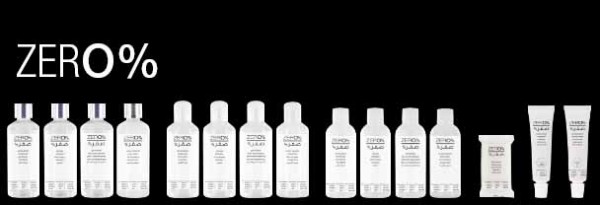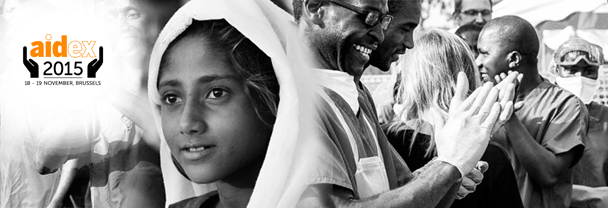Blog Archives
Spanish Kits, one of the most important HALAL companies
Emarat Al Youm, a newspaper in Dubai, published an article about the new strategy “Dubai – Capital of the Islamic economy” to attract foreign investment in Dubai (click here to read). The proposal was created by H.E. Dr. Mohammed Al Zarooni, general director of DAFZA and incorporates three main directives and twenty strategic initiatives, that aim to bolster the economic growth in the Islamic world. The initiative, that will be implemented in the next five years, places DAFZA as the focal point of this economy, specially in the HALAL sector. This new strategy supports existing investors as well as companies that are looking to expand their business and invest in the Islamic economy.
The publication, along with other media that picked up the story, mentioned Spanish Kits as one the most important companies in the HALAL sector in Dubai.
Currently DAFZA is home to the most important HALAL companies, including Hershey’s, Abbot Laboratories, Natura Bisse y Spanish Kits.
- Emarat Al Youm
Spanish Kits was certified as a HALAL company in 2016 and it is the first one in Spain to obtain the HALAL certification. To reach out to the Arab market, Spanish Kits develops a series of initiatives, such as the creation of their own cosmetic brand ZERO%, in which the whole product range is produced according to the Islamic law. The brand ZERO% also displays two different collections, one in Spanish writing and the other in Arabic. Also, the opening of our subsidiary in Dubai helps us become closer to our Muslim customers.
Nowadays, there are a billion of Muslims in the world and the forecast is that they will reach the 2.2 billion by 2030. These are people that demand products that do not compromise their faith and therefore they become relevant in the international markets. Until now, the word HALAL has always been connected to the food industry, but it starts to extend to other industries: fashion, drugs, tourism and specially the cosmetic industry. In 2016, the industry was worth 50 billion euros and the expenses in cosmetics by the Islamic population are expected to grow to 65 billion euros by 2019, according to the report “The estate of global Islamic economy” from Thomson Reuters.
Furthermore, the HALAL certification is becoming more than just a religious term, and more and more people are demanding HALAL cosmetics, as they do not contain animal fat or alcohol. The HALAL trademark is becoming synonymous to comprehensive regulation, eco-friendly products and non-toxic ingredients.



